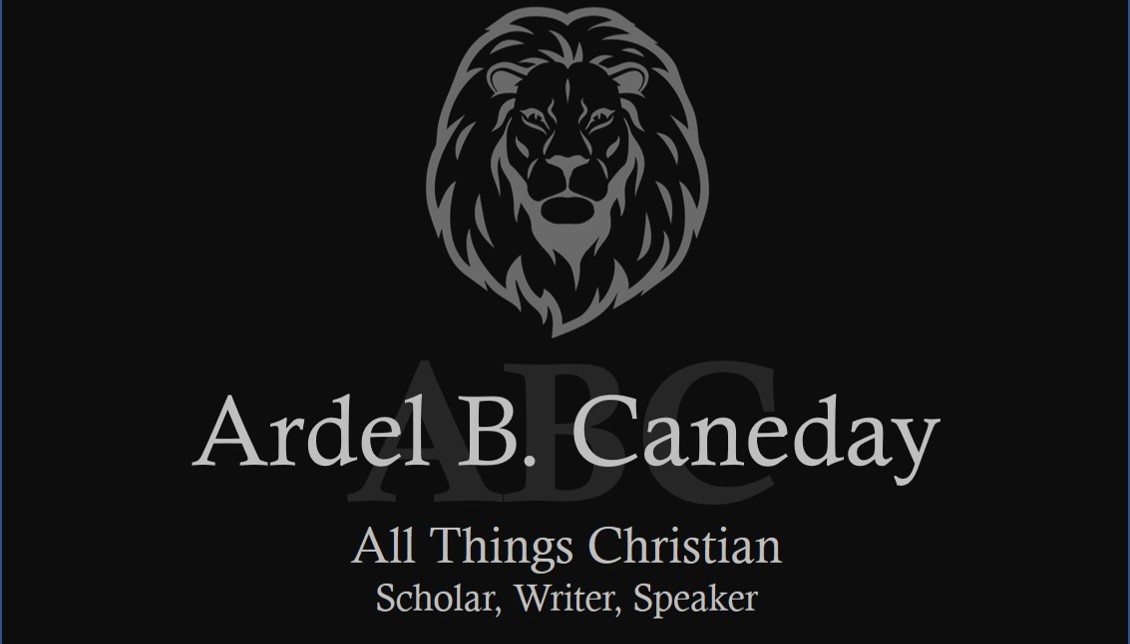Many years ago, when I was pastoring, I began to observe that a variety of factors conspired together to shift the focus of many Christian funerals from our hope in Christ Jesus of the resurrection to the notion that upon death, the departed loved one is instantly transformed into a perfect spirit-body prancing and dancing the streets of gold in heaven. A leading conspirator in this alteration is Gnosticism, the belief that what is spirit is good and that what is material is inherently evil. A consequence of this evil and corrosive belief is the lie that death is our friend that transforms us into our perfected state.
Thus, whenever I am called upon to have a role in a funeral service, especially if I am the principal speaker, I invariably prepare my comments to underscore at least two realities. First, death is no friend; death is our fiend. Death is our enemy. Death is the last enemy Christ Jesus will destroy, as the Apostle Paul states: “For he must reign until he has put all his enemies under his feet. The last enemy to be destroyed is death” (1 Corinthians 15:25-26). Second, I feature our Christian hope of being bodily raised on the Last Day. Of course, not only believers in Christ will be raised from the dead on the Last Day, but everyone will be raised, the wicked and the righteous. Until the Last Day, our believing loved ones remain disembodied spirits, naked, “away from the body” even if “at home with the Lord” (2 Corinthians 5:1-10). I do what I can with whatever minutes are allotted to me to correct the Gnostic-derived folk theology concerning the body and heaven with the Scripture’s portrayal of our resurrection hope.
To this end, when called upon to speak briefly at my uncle’s funeral twenty-three years ago in March, as I have often done, I wrote a poem to honor my uncle and his Christian hope of being raised in Christ Jesus on the Last Day.
I post this today because Uncle Harold, my mother’s younger brother, shared his birthday with me. When I was born, he was thirty years my senior. Among my many regrets, today, one stands out. I did not visit Uncle Harold on his last birthday, January 16, 2000.
The poem’s title, “Today We Plant A Seed,” derives from this portion of the Apostle Paul’s discussion of resurrection in 1 Corinthians 15—”So is it with the resurrection of the dead. What is sown is perishable; what is raised is imperishable. It is sown in dishonor; it is raised in glory. It is sown in weakness; it is raised in power. It is sown a natural body; it is raised a spiritual body. If there is a natural body, there is also a spiritual body” (15:42-44). Of course, other imagery also derives from the Scriptures. For example, “tent” comes from 2 Corinthians 5. As you read the poem, consider other echoes of the Scriptures.
* * * * * *
Harold Hendrickson
January 16, 1920
March 5, 2000
Today We Plant A Seed

